Fan Zhendong's withdrawal from the WTT has caused a stir among fans. It is understandable since he is a grand slam player in table tennis, and everyone is accustomed to seeing him compete fiercely on the international stage.

However, this withdrawal is not an ordinary withdrawal, as his "commercial value" seems to be more eye-catching than the matches themselves.
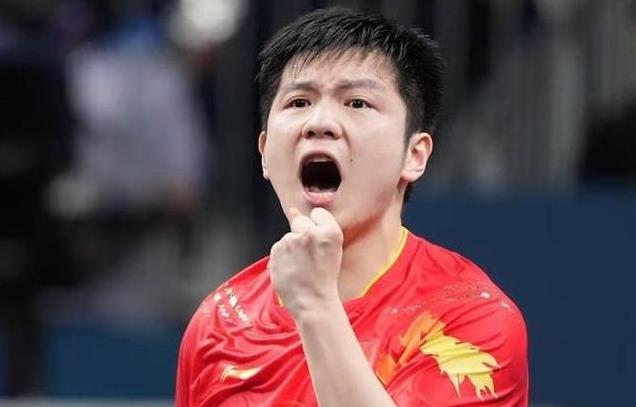
We must talk about his collaboration with Major League Baseball (MLB). MLB is no small player; it is one of the four major sports leagues in the United States, ranking just below the NFL (National Football League), and its status in the global sports circle cannot be ignored.

Baseball does not have as large an audience in Asia as football or basketball, but MLB is targeting this "blue ocean" market, especially countries and regions like China, Japan, and South Korea.
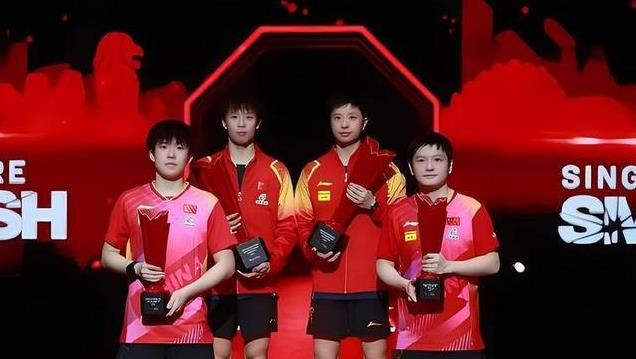
Look at this: MLB actually approached Fan Zhendong, which is no simple matter. Although he is a table tennis player, his influence in the Chinese market is not insignificant.
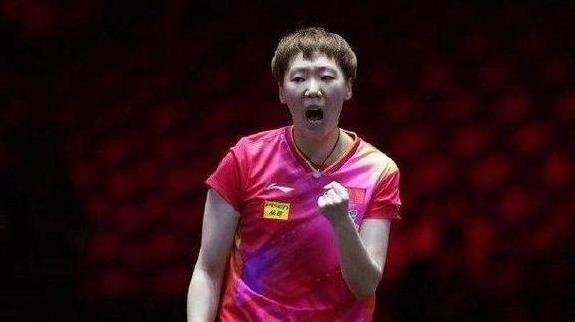
After becoming the Asian ambassador for MLB, Fan Zhendong not only received exorbitant endorsement fees, but even the Los Angeles Tourism Bureau took notice of him, inviting him to watch a Los Angeles Dodgers game. This is truly a demonstration of "superstar effect," as the Los Angeles Dodgers are six-time World Series champions and are the top presence in MLB! Even if Fan Zhendong appears at such events only as a spectator, it makes people feel that he has become a "celebrity outside the circle" rather than just a top player in the table tennis world.
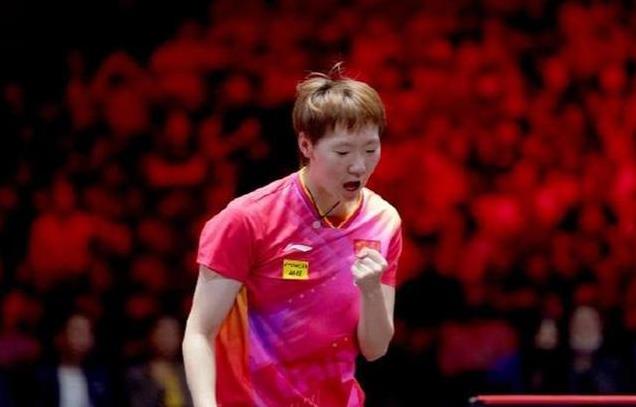
Furthermore, Fan Zhendong also signed an endorsement contract with Cadillac. This cooperation is clearly another level of exposure, and it goes without saying that this is another substantial endorsement fee.
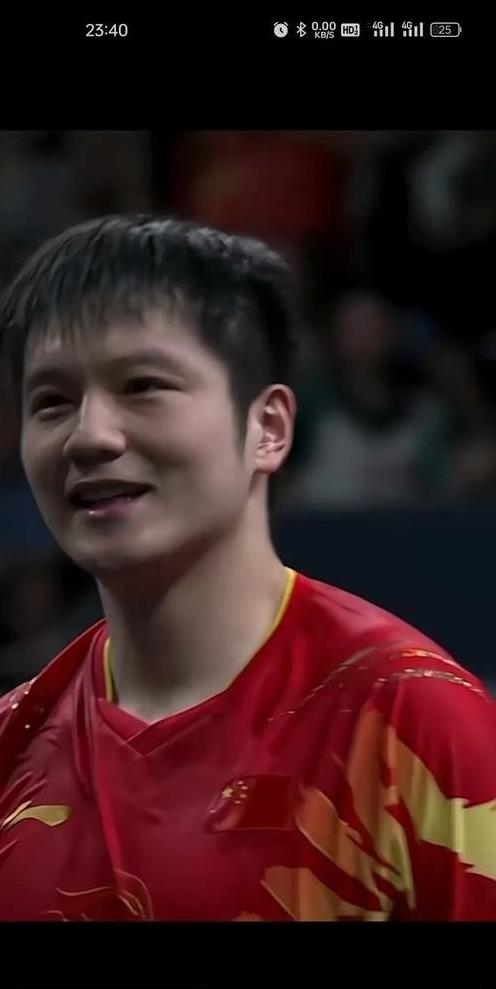
Cadillac is a globally renowned luxury car brand. Signing Fan Zhendong not only demonstrates his commercial value outside of the sports circle but also reaffirms that he remains a popular figure even when not participating in WTT competitions.

This is undoubtedly a significant blow to the WTT. Fan Zhendong is a top player in the table tennis world, and losing him naturally affects the heat of the WTT events.
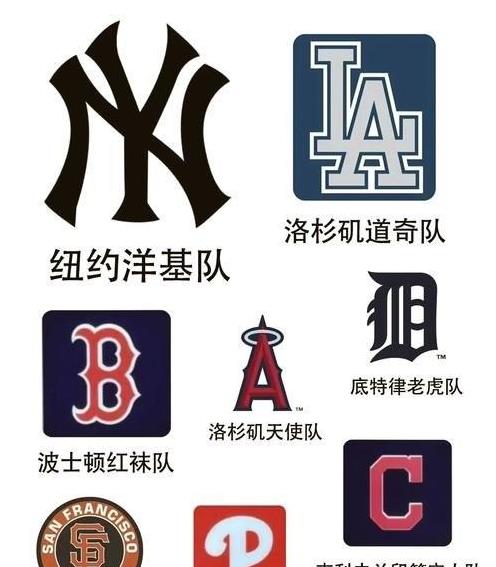
In fact, the WTT has been facing some difficulties in recent years, especially in terms of prize money settings. Last year, they significantly reduced the prize money for grand slam events, resulting in a noticeable drop in the attractiveness of the events. Now that Fan Zhendong has chosen to withdraw from the WTT, it directly reduces the attention of the events even further.

The International Table Tennis Federation of the WTT has no choice but to urgently establish a working group to try to adjust some event rules in an attempt to bring back top players like Fan Zhendong, because without them, the commercial value of the events shrinks significantly.

Some netizens commented: "Fan Zhendong's choice is beyond reproach, after all, commercial endorsements now provide more security than simply playing games. Moreover, he can maintain his popularity even without participating in the WTT, and instead go further in these fields." Fan Zhendong's choice raises a question, that is, the commercial value of athletes no longer completely depends on their competitive achievements but relies on personal influence and brand value. This kind of cross-border endorsement allows everyone to see a new model of athlete commercialization.

There are also netizens who do not agree: "By doing this, isn't Fan Zhendong giving up his core field? After all, table tennis is his forte." Some fans still believe that if athletes do not participate in competitions, their exposure and popularity will inevitably decrease to some extent, because viewers want to see their style on the court, not just in advertising endorsements. Although commercial endorsements can bring in substantial income, in the long run, can the attention of fans be transformed into continuous support? This is a profound question worth considering.
As for the WTT side, facing Fan Zhendong's withdrawal, they are likely to become even more anxious. Players like Fan Zhendong, whose results and performances in each competition are highlights of the events.
Although table tennis is a sport with a wide audience base, compared to big projects like football and basketball, the influence and attention of the events themselves are limited. If the WTT cannot quickly take measures to solve the prize money issue and attract more top players to participate, it may face increasingly severe challenges.
Some netizens expressed: "The WTT's response is too slow, it should have been adjusted earlier. The reduction in prize money and low event attention instead gives players more motivation to choose other ways to make money." It seems that fans' focus is not only on the games themselves but also on the operation of the events and the interests of the players. Only by solving these problems can the WTT truly regain its former glory.
Speaking of Fan Zhendong's withdrawal, it can be seen as a landmark event, bringing us some reflections. Not only has his personal commercial value been enhanced, but it also makes us reflect on the current situation of sports events and athlete commercialization.
Perhaps, in the future, athletes not only need outstanding achievements but also unique brand values to stand firm in the commercial world. For the WTT, how to deal with these changes and enhance the attractiveness of the events may be the key to its sustainable development.